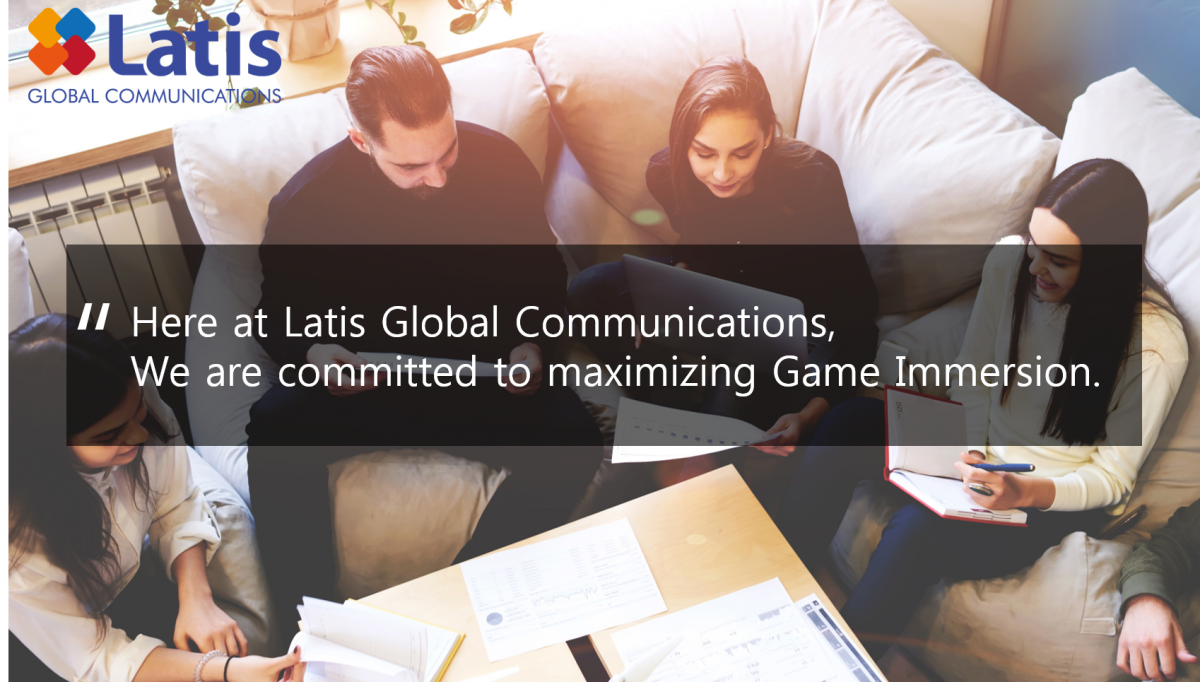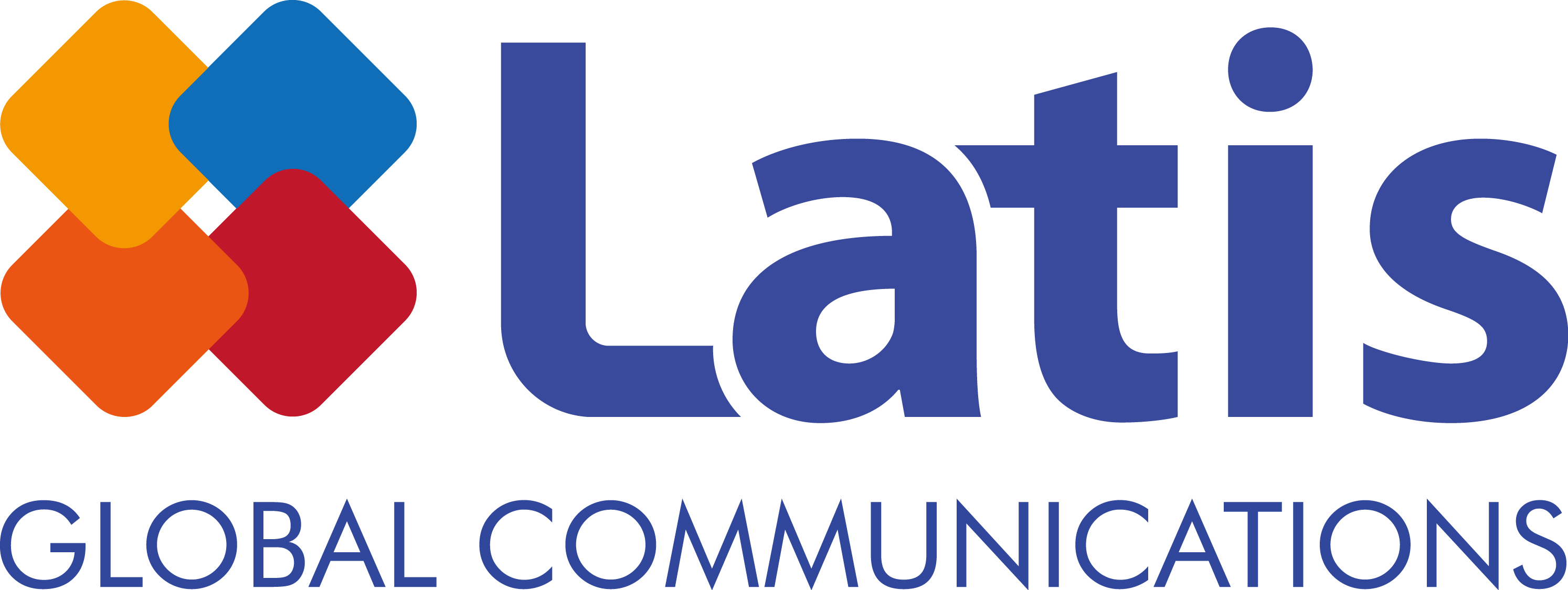
[Game Localization] About Game Localization (1) What Project Managers Do
Disclaimer: The articles featured on this blog have been translated from Korean and are based on Korean gaming industry standards.
Greetings. We are Latis Global Communications, a localization company specialized in games.
In order to work on our game localization projects more efficiently, we are organized into several teams.
Today we would like to introduce you to the work process of our localization team project managers (PM).
The story below is based on actual experiences at our office. As we value privacy, specifics about our clients are omitted in this account.
# Daily Work of Project Manager “A”
– Pre-work: Review the project and the client’s requests
A, who has been working as a PM (Project Manager) for 7 years, is in charge of Localization Projects.
Often, A has a mail awaiting him when he gets to the office. It is an e-mail concerning a localization request from a game developer.
Project Manager A, who has received a request from a customer, first identifies the customer’s requirements and launches the project.

The first thing to do is check the source file. This is done to gauge the difficulty, length, and whether the file has issues. Thus, the PM should investigate it thoroughly.
Next, the PM checks the TM (Translation Memory) and Term Base (TB) from the client. Using a built-in TM and TB can reduce the time required to translate using existing databases.
After that, A has to think about the project’s schedule.

In a meeting with the localization team members who will work on the project, A figures out an internal project schedule.
Based on that, A draws up a strategy fit for both the client’s requests and the project’s attributes.
After that, Project Manager A estimates the translation costs based on the plan for the project and delivers it to the client.

Project Manager A takes a meeting with the client’s representative and shares the information with colleagues. After revising and coordinating, the Localization Project for Company B actually begins.
– Project in action: Sticking to the Plan of Translating/Reviewing/Proofreading/Processing QA
Another mail arrives as soon as our Project Manager A returns to the office after lunch.

It is from company C’s representative who the PM had an appointment with a few days ago. The mail says: ‘We have considered the delivery and project schedule internally, and decided to entrust Latis Global with the game localization process.’

After checking the mail, Project Manager A informs the other teammates and starts working on the project for Company C. Delivering the project within 6 months is quite a tight schedule. To accomplish this, A needs to work with his teammates as one.
First of all, Project Manager A assigns the file to a translator with a 2 week deadline. When the translator finishes the work after 2 weeks, a review will be necessary, so sticking to the schedule as close as possible is vital for a successful project.
2 weeks later, when the file arrives, it’s time for the review session by native speakers. The linguists in charge will review the texts, which means to go over the grammar and overall nuances of the translation. After polishing the file,, a QA (Quality Assurance) process is needed to confirm that there are no errors in the files.

After the script translation is finally complete, it is necessary to draw up a long term schedule, as it has to be tested by applying it into the game, the voice acting has to be recorded and graphics have to be localized.
Detailed project schedules and guidelines from the clients are shared internally to make sure that there are no errors in the source file and that nothing has been overlooked before the delivery. The PM’s work is to inform the reviewer about the client’s requests and inquires.
To sum it up, a project manager requires flexibility and skills in order to carry out multiple tasks within a limited timeline.
Our project managers at Latis Global proceed with responsibility and take charge of the project from the beginning to the end. We cherish the communication with our clients and do our best to provide the best translation possible.
That’s it for today. In our next post, we will explain why it is important to consider local culture when localizing games. See you next time!

Our extensive knowledge of video games helps us to deliver superior gaming services.
We are a team made up of game specialists who fully understand and love video games.
We provide our clients with the highest quality gaming services for all types, platforms, and genres of video games. With considerable knowledge and experience, we support global video game developers and publishers for their successful launch.

